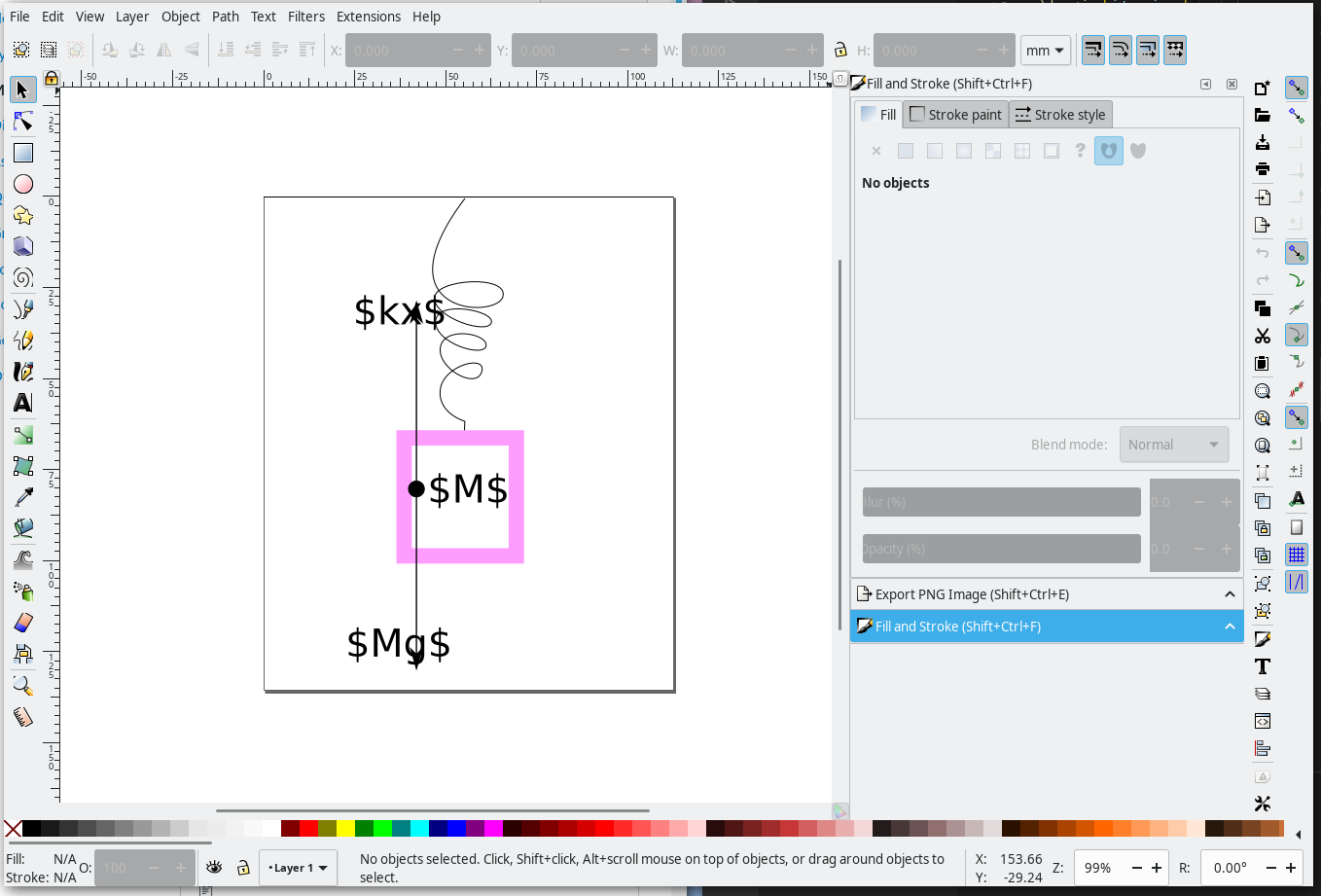The possibility of using LaTeX to take notes for Physics class
When LaTeX is your hammer...
I don’t often take notes, and this is a poor habit of mine. Sure, I end up getting A’s in those classes anyways, but there’s always the possibility of me not getting an A in a particularly difficult class because I didn’t take notes.
This quarter, I’m taking a physics class, and I had an idea: since there’s gonna be equations and crap, what if I were to take notes in ?
Setting up the environment
Like previous projects I’ve done, I set up Visual Studio Code with the excellent Workshop plugin and got to work.
I decided on the following hierarchal structure:
- The whole
\documentclass{book}- The whole class \part- Different units in the class\chapter- Every day, or quiz/test notes\section,\subsection… as needed
Here is the folder structure:
week1/
week1.tex
week2/
week2.tex
...
.gitignore
main.tex
and here is the actually very simple main file:
\documentclass{book}
\usepackage{...}
...
\title{PHYS 132 Notes}
\author{Astrid Yu}
\begin{document}
\maketitle
\tableofcontents
\part{Waves}
\include{./week1/week1}
\include{./week2/week2}
...
\part{Optics}
\part{Thermodynamics}
\end{document}
Each week goes in a single .tex file in its own folder, like so:
\chapter{Simple Harmonic Motion}
\section{2020-09-14}
\subsection{Syllabus}
...
\subsection{Lecture}
\subsubsection{Basics of Oscillations}
\begin{itemize}
\item Oscillation = motion that repeats itself, back and forth around equilibrium position. Most important is Simple Harmonic Motion (SHM), sinusoidal
\item Spring goes from expansion to contraction to expansion, etc. Restoring force occurs when stretched or compressed, goes against spring's displacement
\item If graph repeats, it's oscillatory motion. If position = sinusoidal, then it's SHM.
\end{itemize}
...
\subsection{Lab Partners}
...
\section{2020-09-16}
...
Wait, doesn’t physics have lots of diagrams?
Yes it does, I realized in the middle of class, much to my chagrin. Drawing out diagrams in sounded like hell, so I just opened up Inkscape and started doodling a diagram to embed in the .
But then, also to my chagrin, it seems that you can’t just
\includegraphics{shitty-drawing.svg} either! What do?
The solution is to use the svg package and add the -shell-escape flag to
latexmk. Now, including Inkscape is as easy as building the following folder
structure:
week1/
week1.tex
spring.svg
...
and inside week1.tex, declare a
\includesvg{week1/spring.svg}
and voila!
You might notice that the image text exactly matches with the
font! This is because the svg package actually treats that text as
code. Here’s how it looks in Inkscape:
A very very small thing with it is that it generates even more intermediate
files, so you just have to add to your .gitignore:
*.pdf
*.pdf_tex
Conclusion
With this, we now have ourselves a fully set-up workflow for taking lecture notes in and Inkscape!
I have to admit, since is somewhat verbose, this is a bit of a slow method of note-taking. You won’t be able to get as much down as, say, Markdown. But at the same time, not many markdown editors have equation support.
In addition, knowing me, who knows if I’ll have the motivation to keep this up for another week? Either way, I still think that this method has some potential. Plus, you do end up with very beautiful notes at the end.


